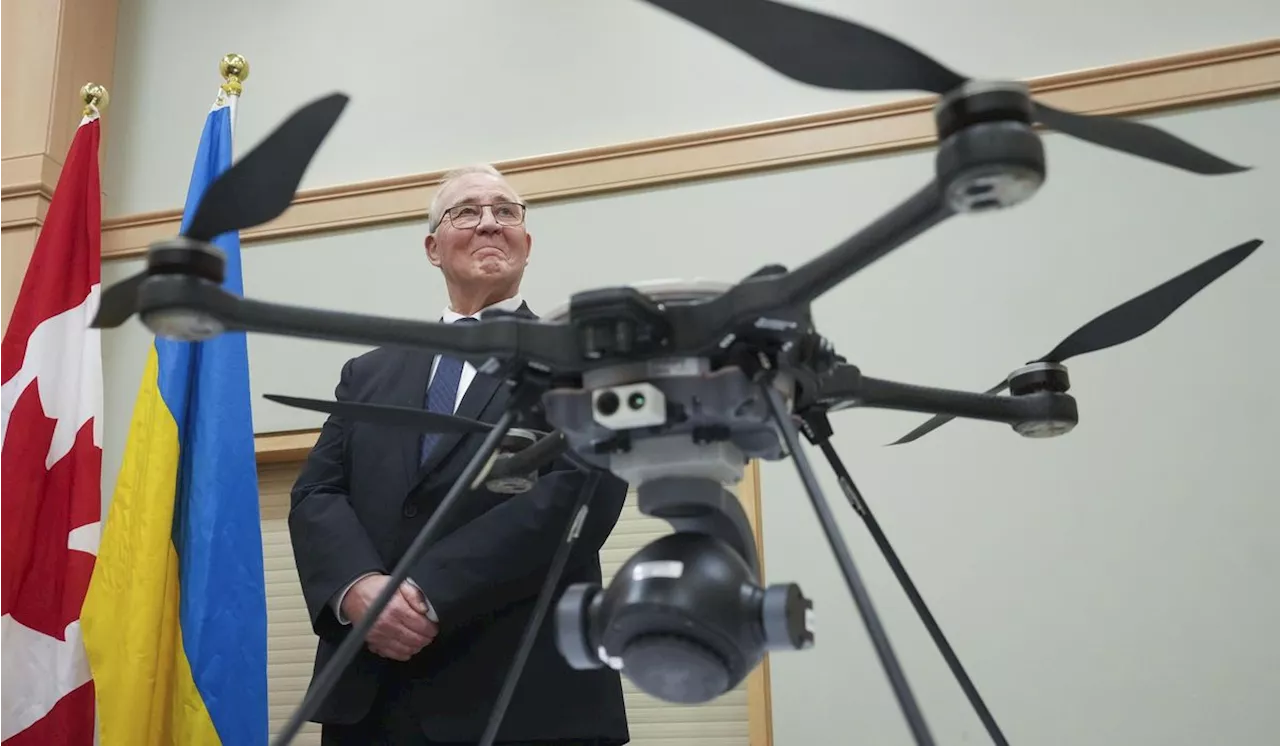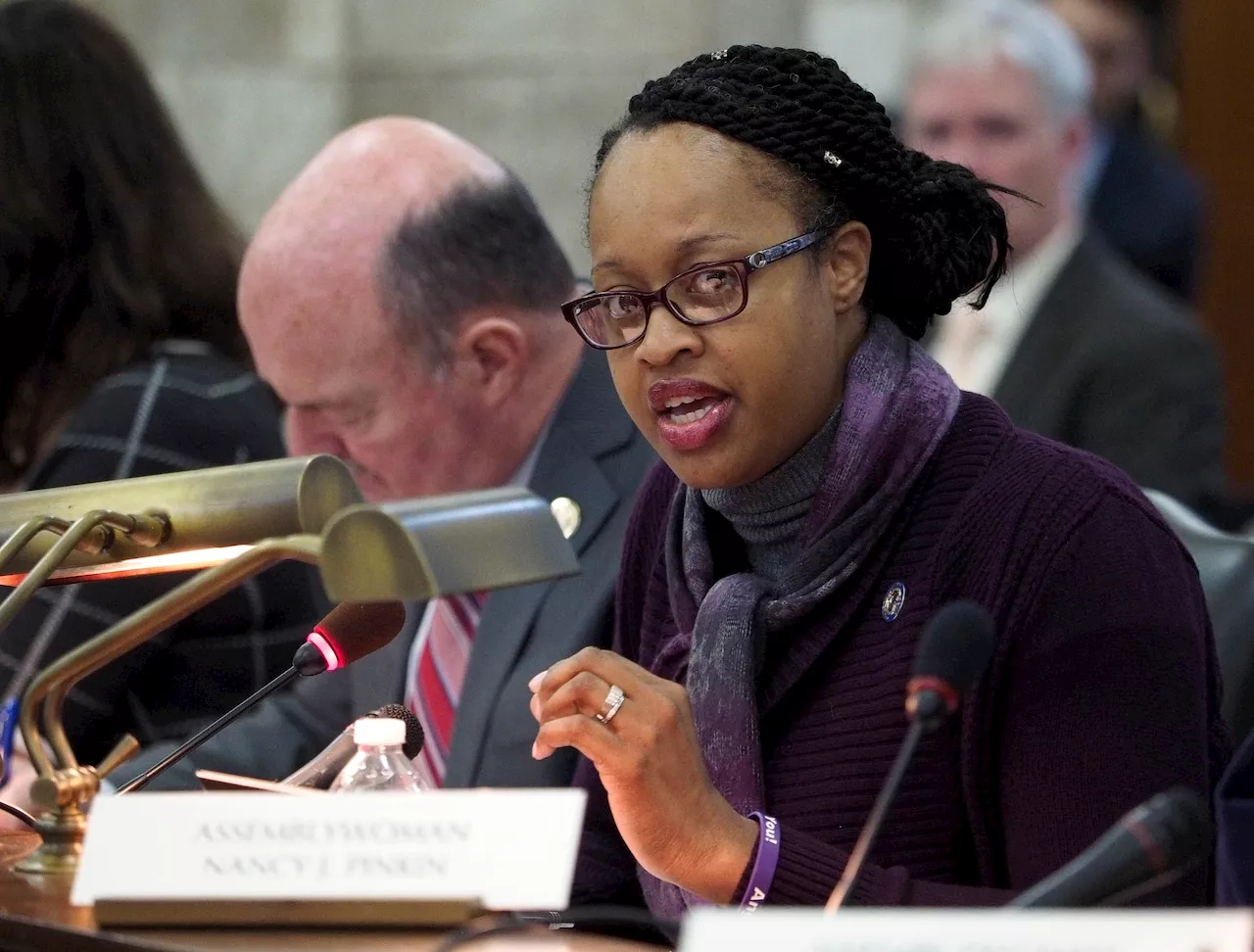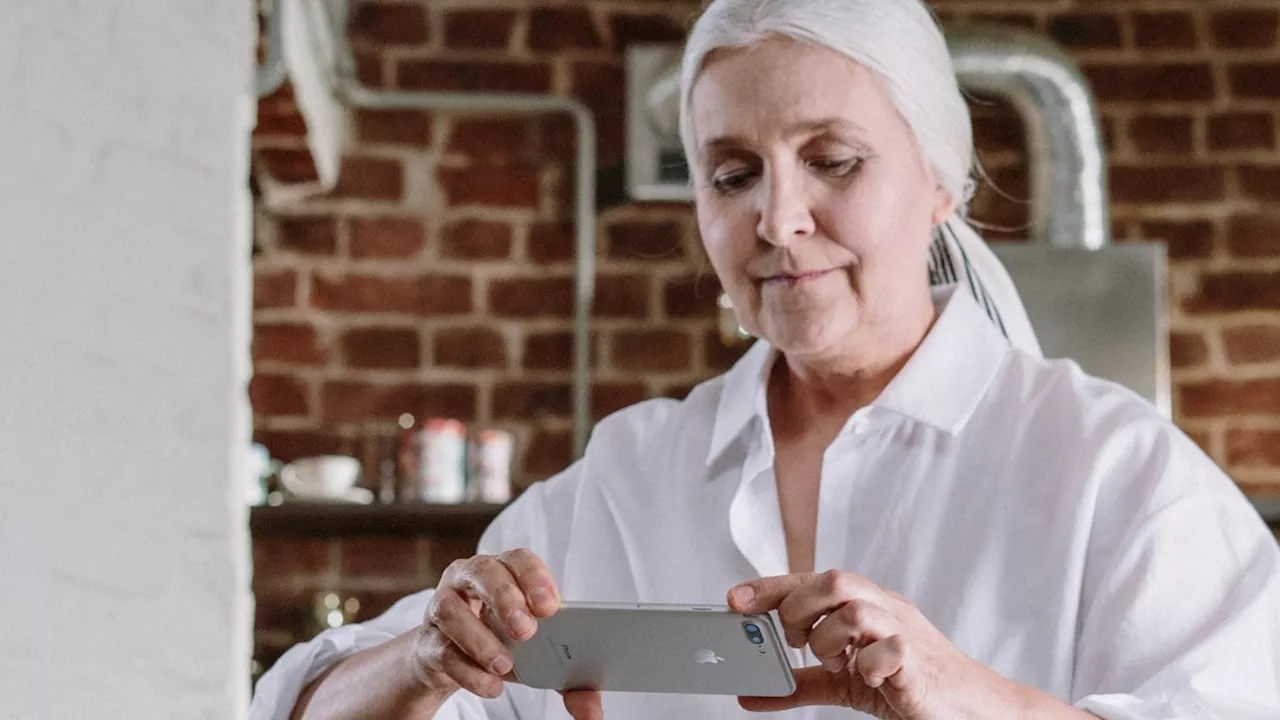A conversation with media industry veteran Bonnie Hammer on adapting to industry disruption.
Disruption and transformation are the new normal in nearly every industry. So how do you stay ahead of the curve? Over the past four decades, successfully adapted to massive changes in the media industry, rising from production assistant to leadership roles in broadcast, cable, and streaming. Now vice chair of NBCUniversal, she has advice on how to get noticed, acquire the right skillsets, make smart decisions, and adjust to shifting corporate and market dynamics.
BONNIE HAMMER: Let’s just put it this way, at the start of my career, I was looking for anything to do that gave me a paycheck. I had a passion that I started with, which was photography, and I figured that somehow I’d make a living that way. So my first jobs out of college were working in a dark room at a commercial photography studio, and it led me to a photo editing job, that was kind of boring too.
I think if you do that, especially these days when industries are changing so quickly, that the likelihood that, that job, that position or even that industry would still be there in 10 or 20 years, is not realistic. So for me, it was taking on different things that at least sounded interesting or had a new skillset that I could learn, so I could broaden myself. And part of it was sometimes it was the only thing available.
So the first thing was embrace it, meaning, “It’s here, what I have to do is figure out a way that I can fit into this new world.” Which means figuring out what their culture is, doing your homework, talking to people, are they more creative than financial-based? Are they more interested in the bottom line than a great hit? Do they give good feedback and criticism or are they quiet and just watch you? So understand what the culture is and try to accept that.
It doesn’t mean I’m not going to have a voice or I’m going to give up my voice, or not be authentic to me or my style of management. It’s just being open to figure out how my style can integrate with the new style, the new tone. I’ve still always remained Bonnie.
ALISON BEARD: Yeah. So I do want to talk about NBC’s entrance to streaming with Peacock. It’s always difficult with new technology. You don’t want to enter if it’s not going to pan out. You don’t want to be too early, but then you also don’t want to be too late. NBCUniversal did start a bit behind. So how did you approach that challenge as the person who was tasked with creating Peacock?
BONNIE HAMMER: This has grown over time, and the easiest way for me to describe it is the ABCs all the way to G, of gut. I’ll start with A. Analyze. What are you trying to do, where are you trying to get to, whether it’s a show or a career decision or anything else. And really take the time to figure out what it is you want and why. B is brainstorming, which is my favorite thing because it’s collaborative. Get a bunch of people together and talk about it.
ALISON BEARD: So it sounds like also that gut instinct, even if you’re operating in a completely new environment, there are parts of your experience in different realms that will inform it in a really positive way. And we made the decision consciously that nothing about this should fit on USA, but it is too good for any other network to get it. And we decided we are willing to take a calculated risk and do this. And what happened was, this is Mr. Robot, which did incredibly well, was a huge success for USA. The conscious calculated risk worked out. And we were willing to fail if we had to because we knew all the ABCs, all the way through gut, of making that decision and we were willing to fail.
Because it wasn’t bubbling up to my level, I didn’t know about it. And I got to know a whole lot of people on the lower levels. And because I went through every single level getting to where I am, I appreciated everything that other people do on the lower levels that most people don’t get are so important to the product. So I did that for years and it worked incredibly well.
BONNIE HAMMER: Well, I think first and foremost, you have to give that feedback. And I think oftentimes, in the workplace, people watch, they judge, but don’t necessarily have real conversations with those that work with and for them. And they may wait for the end of year review, but I don’t think that’s enough. You have to have the tough conversations with people who you think have the possibility to grow.
ALISON BEARD: I just want to say for the record, I attended a large language model lunch and learn this week, and I also went to a conference where I learned about all of these AI tools. So I’m trying. What advice do you give young people who want careers in media or any other really fast-changing industry today?
United States Latest News, United States Headlines
Similar News:You can also read news stories similar to this one that we have collected from other news sources.
 Gratitude: The Cornerstone of Excellence, Leadership and EngagementBy slowing down, organizations can navigate the tumultuous seas of change with resilience and agility.
Gratitude: The Cornerstone of Excellence, Leadership and EngagementBy slowing down, organizations can navigate the tumultuous seas of change with resilience and agility.
Read more »
 Canadian Defense Minister Bill Blair eyes change in Arctic approach with change in weatherFor decades, Canada relied on geography and the strength of its North American Aerospace Defense Command partnership with the U.S. to protect itself from potential adversaries.
Canadian Defense Minister Bill Blair eyes change in Arctic approach with change in weatherFor decades, Canada relied on geography and the strength of its North American Aerospace Defense Command partnership with the U.S. to protect itself from potential adversaries.
Read more »
 Marijuana and hemp in Texas: what’s legal and what’s notA proposed change in how the federal government classifies the drug won’t change state laws.
Marijuana and hemp in Texas: what’s legal and what’s notA proposed change in how the federal government classifies the drug won’t change state laws.
Read more »
![]() 2024 Jeep Wrangler Rubicon | UK ReviewNever change, Jeep. Never change
2024 Jeep Wrangler Rubicon | UK ReviewNever change, Jeep. Never change
Read more »
 Let’s help women navigate menopause with grace and empowermentSen. Angela McKnight (D-Hudson) has a bill for that. And resolutions to match.
Let’s help women navigate menopause with grace and empowermentSen. Angela McKnight (D-Hudson) has a bill for that. And resolutions to match.
Read more »
 Navigate iPhone with your eyes, end motion sickness and more with new iOS accessibility featuresAlan, an ardent smartphone enthusiast and a veteran writer at PhoneArena since 2009, has witnessed and chronicled the transformative years of mobile technology. Owning iconic phones from the original iPhone to the iPhone 15 Pro Max, he has seen smartphones evolve into a global phenomenon.
Navigate iPhone with your eyes, end motion sickness and more with new iOS accessibility featuresAlan, an ardent smartphone enthusiast and a veteran writer at PhoneArena since 2009, has witnessed and chronicled the transformative years of mobile technology. Owning iconic phones from the original iPhone to the iPhone 15 Pro Max, he has seen smartphones evolve into a global phenomenon.
Read more »
